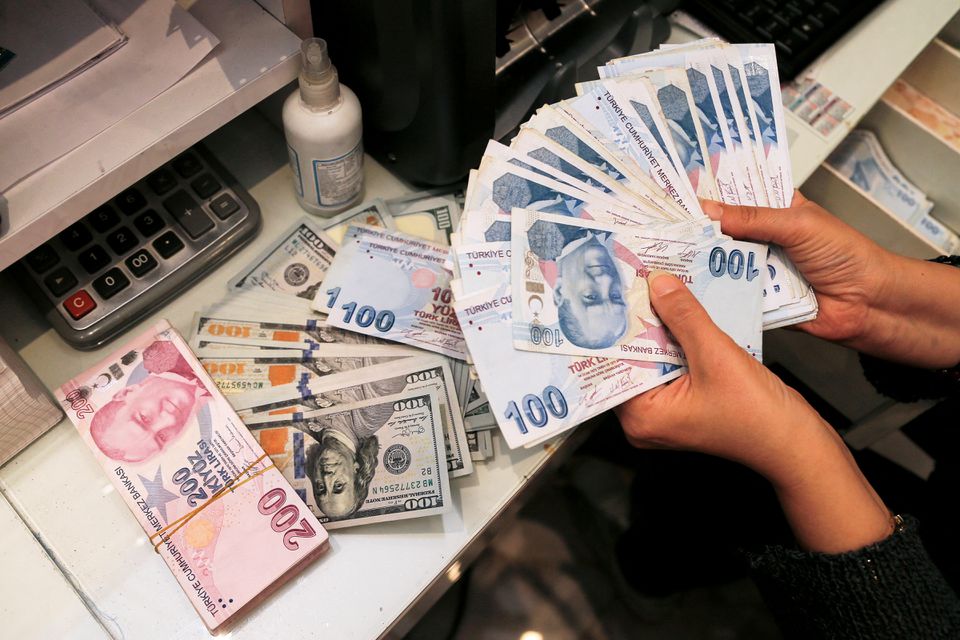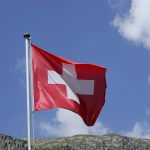A controversial policy to curb exchange rates has backfired on Turkey’s economy, a prominent economist has warned. Prof. Hakan Kara, a former chief economist at the central bank, says the policy could lead to printing money without backing and fuel inflation.
The policy, known as FX hedged deposits (KKM in Turkish), allows banks to offer high interest rates on foreign currency deposits by hedging them against exchange rate fluctuations. However, the cost of this hedging is borne by the Central Bank of the Republic of Turkey (CBRT), which pays the banks the difference between the contracted and actual exchange rates.
‘ONE OF THE MOST EXPENSIVE ECONOMIC EXPERIMENTS IN HISTORY’
Prof. Kara, who teaches at Bilkent University, says the policy has been a costly mistake that will have long-term consequences. “The process of cutting interest rates, which started in 2021, has been one of the most expensive economic experiments in history. We will pay the price for years to come,” he wrote on his social media account.
He estimates that the CBRT will have to pay around 500 billion liras ($55 billion) to banks by the end of the year, based on current exchange rates. This would wipe out the CBRT’s profits and leave it with a huge loss.
CREATING BAD MONEY
Prof. Kara explains that normally the CBRT’s profit is transferred to the Treasury, which can use it to cover its budget deficit or reduce its borrowing. But when the CBRT makes a loss, it cannot transfer a profit to the Treasury, and the Treasury cannot cover its loss.
This means that the CBRT is effectively printing money without backing to pay for the KKM. “This is where the creation of bad money comes into play,” he says. “It would be inflationary.”
He argues that instead of absorbing exchange rate shocks, the KKM, after reaching a certain saturation level, amplifies their impact on inflation. He calls for an end to the KKM and a tighter monetary policy to restore credibility and stability.
(*) Note that inflation also erodes the value of the CBRT’s profit transfer to the Treasury, so there is a slight difference between whether the Treasury or the CBRT pays for the KKM. Therefore, transferring the KKM payments to the CBRT relieves the government budget and creates some room for spending in an inflationary environment.
Source: Gerçek News



